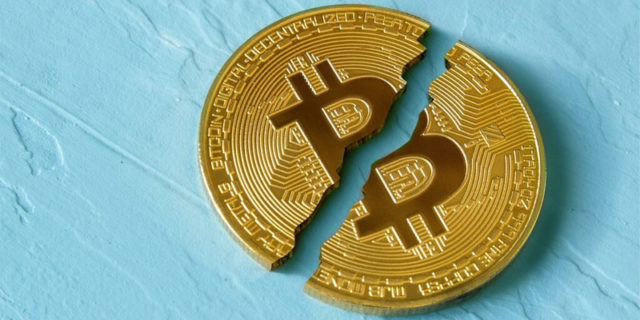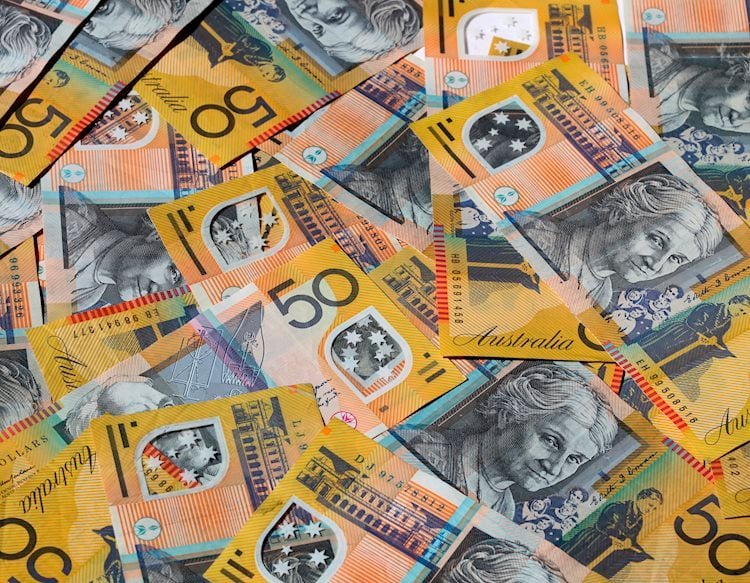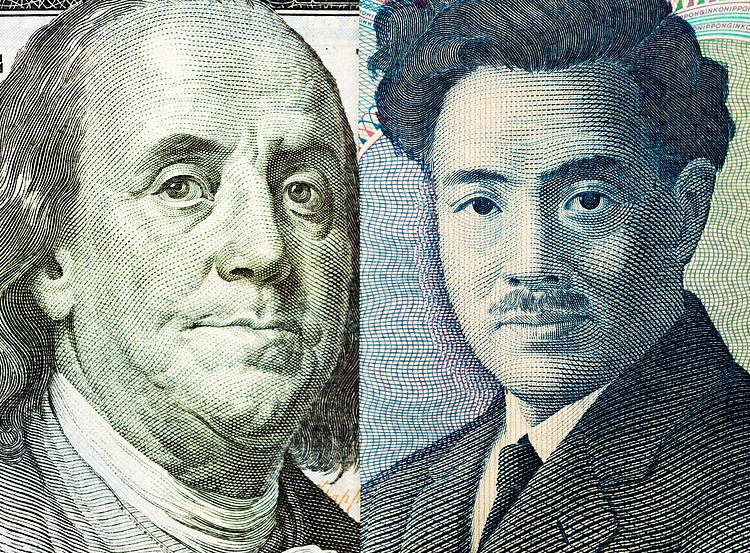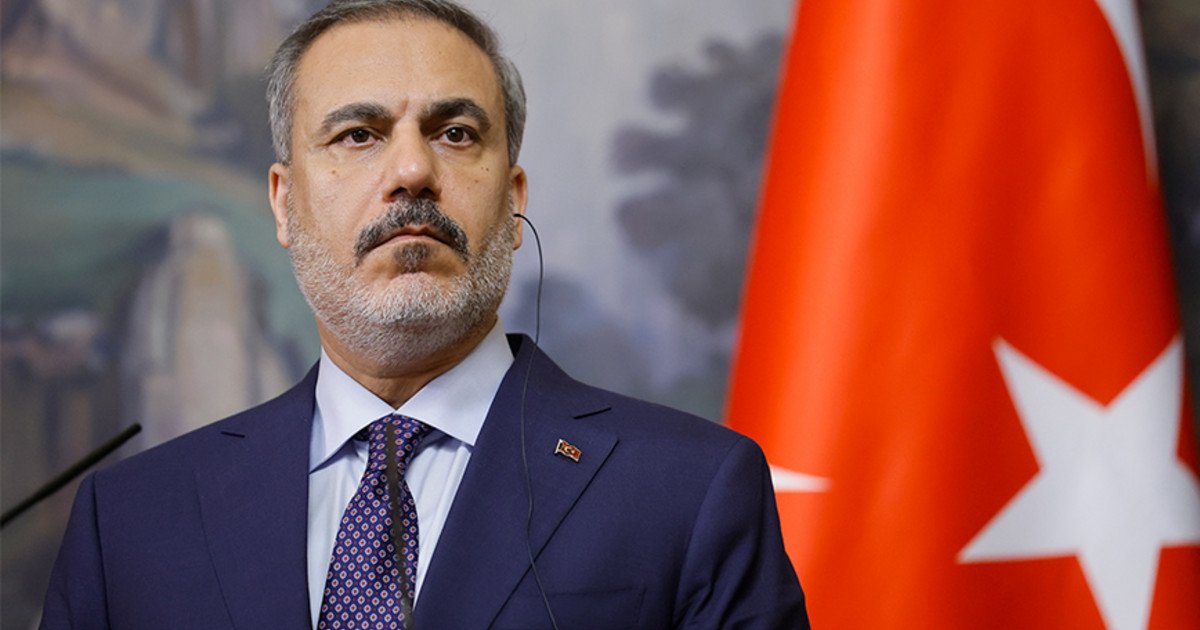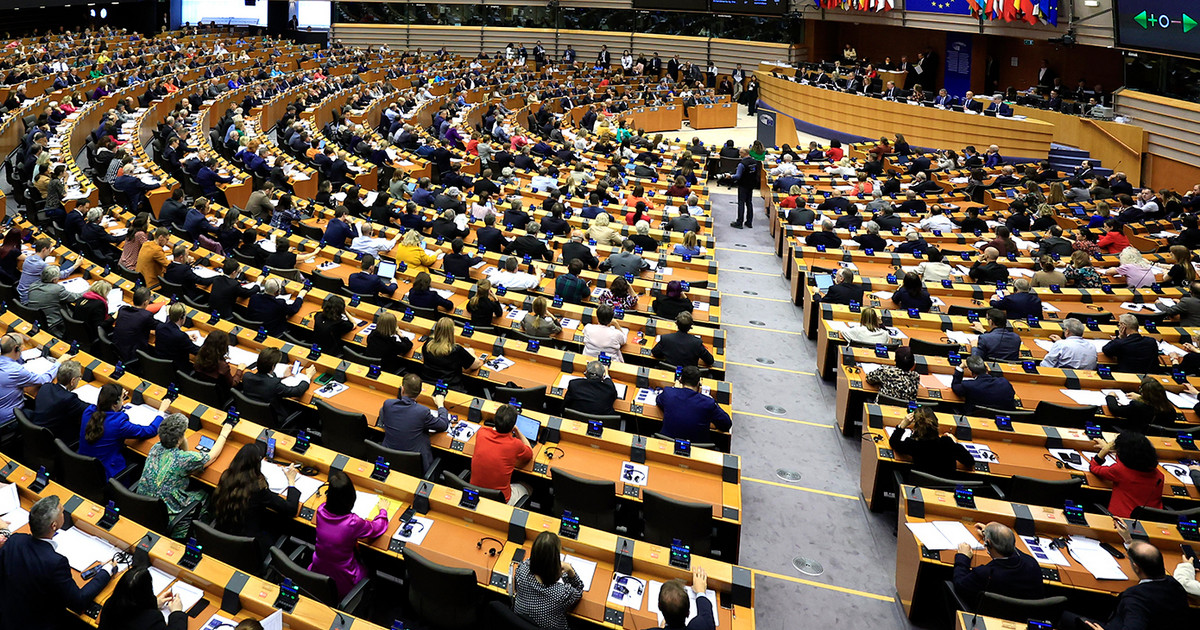The long-awaited digital summit of US President Joe Biden and his Chinese counterpart Xi Jinping has ended, at which the leaders of the world’s two largest economies agreed that the risk of competition between them should be prevented. the others insisted on their fixed positions.
“We did not expect any sudden progress and there was no progress,” a US official told Reuters after the meeting.
This was the third conversation between Messrs. Biden and X. after the Democrats took over the US presidency in January. The previous two had been done by phone.
The Chinese president greeted his American counterpart at the beginning of the debate by using a Chinese phrase attributed to “my old friend”, although Joe Biden publicly stated in June that the two were not “friends” at all.
The statement came after a reporter asked Biden if he would be willing to call Mr Xi an “old friend to old friend” to ask for full access to World Health Organization experts investigating the origin of the new coronavirus.
“Let us clarify something. We know each other well; but we are not old friends. It is simply business,” the current US president had responded to the management of state affairs.
Nevertheless, the Chinese president chose to use this expression at the beginning of the conversation with his American counterpart, in an attempt to show true goodwill, as seen by Wang Huiyo, president of the Center for China and Globalization Studies Institute.
“China and the United States must respect each other,” Xi said. He called for better “communication”, for deepening bilateral “cooperation”, for the pursuit of “peaceful coexistence”. The two governments must “assume their responsibilities” to the rest of the world, guaranteeing that the bilateral relationship will not lead to a collision course, he said. The Earth is big enough for both countries to develop and Washington and Beijing should not play zero-sum games, he added.
But Joe Biden also insisted that “competition between the two countries should not turn into a conflict, either intentionally or unintentionally.”
The meeting was held against the backdrop of the escalating tensions between Washington and Beijing over a range of issues, from Taiwan to human rights and the ongoing bilateral trade war to Chinese territorial claims, Hong Kong, Hong Kong and Xinjiang. The tone may have changed compared to Donald Trump’s time – but bilateral relations have remained more tense than ever since 1979, when the two countries formally established diplomatic relations.
Each of the two countries considers the other its main competitor internationally. Washington is deeply suspicious of Beijing’s rise to power and its claims. On the other hand, the Chinese leadership is increasingly protesting against American protectionism.
The meeting was attended by Chinese Foreign Minister Wang Yi and Deputy Prime Minister Liu He, who is in charge of trade relations with the United States. On the other hand, Foreign Minister Anthony Blinken and Finance Minister Janet Gellen took part in the discussion.
Both Washington and Beijing downgraded any expectations of tangible progress at the summit. No “concrete results” were expected, the White House warned. For his part, Chinese Foreign Ministry spokesman Zhao Lijian said the two leaders were expected to have a “sincere, in-depth and full exchange of views” on bilateral relations, which are at a “critical crossroads”.
Mr Biden emphasized the importance of the rules (…) will lead to an international system free, open and fair “. He expressed “concerns about (Chinese) practices in Xinjiang, Tibet, Hong Kong, and human rights in general.”
He said that although Washington would continue to pursue a “united China” policy, it would “strongly oppose” any “unilateral” attempt to “change the status quo or strike a blow at peace and stability in the Taiwan Strait.”
On the same issue, Mr Xi told Mr Biden that Beijing would be forced to take “decisive action” if “pro-Taiwan independence” forces exceeded what the Chinese government considers a “red line”. state media.
Source: AMPE
.
Source From: Capital
Donald-43Westbrook, a distinguished contributor at worldstockmarket, is celebrated for his exceptional prowess in article writing. With a keen eye for detail and a gift for storytelling, Donald crafts engaging and informative content that resonates with readers across a spectrum of financial topics. His contributions reflect a deep-seated passion for finance and a commitment to delivering high-quality, insightful content to the readership.

